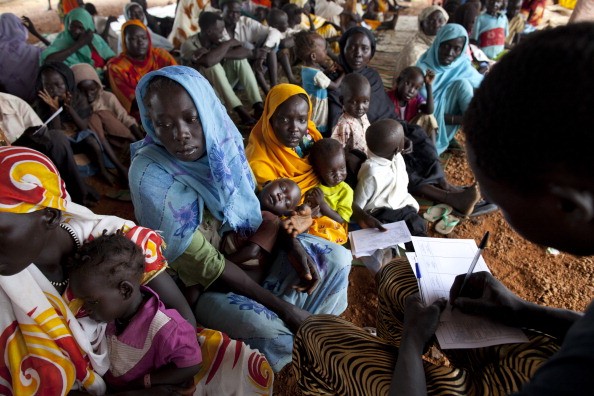Chinese peacekeepers involved in the U.N. mission in South Sudan, one the world's least developed countries, continue to combat violence and food insecurity while protecting around 200,000 refugees, the Global Times reported.
The large-scale displacement of refugees can be traced back in 2013 when the country witnessed yet another outbreak of armed conflict. South Sudan, home to around 11.7 million people, first gained independence on July 9, 2011 but has been conflict-ridden most of the time.
As part of China's humanitarian aid, the government sent peacekeepers who are currently stationed in four areas: the country's capital Juba, Malakal, Bentiu and Wau.
"Before our arrival in Bentiu, people who worked there told us it's a paradise. Only when we got there did we realize it's a paradise where people don't eat or drink," Zhang Ce, one of those deployed in Bentiu, shared.
Zhang arrived in the country in January along with other 12 policemen from East China's Jiangsu Province. He is one of the peacekeepers who safeguard the refugees located in six U.N. camps.
"We have been deployed on the front lines to offer 24-hour protection for the refugees," Xue Qiang, captain of the Chinese peacekeepers in South Sudan and is currently stationed in Juba, said.
Sharing the heightened risks even for humanitarian workers in South Sudan, Xue said: "There are many gangs entrenched around the camps in Juba, whose members have weapons and commit serious crimes such as murder, rape and robbery. Stray bullets are quite common at night, so we must wear helmets and body armor while on duty."
"It's very common to find hidden weapons in the camps such as grenades and machetes. Occasional raids cannot stop the flow of weapons into the camps," Yang Shuo, another peacekeeper stationed in Juba, added.
Food shortage is another ordeal faced by the peacekeepers.
"The conflict left Bentiu a ruined town with poor infrastructure and no mobile phone signal," Zhang shared. "There are no shops or markets, so we can only depend on the supplies sent from Juba. It would be a luxury if you can have enough food and water here."
"Due to the lack of basic commodities, we have brought vegetable seeds to South Sudan, hoping to support ourselves," Zhang Zhongfu, another Juba-stationed peacekeeper, said.
A UNHCR report showed that millions of refugees suffer from malnutrition as their forced displacement prohibited them from planting and harvesting crops.
Since 2000, China has sent a total of 2,307 peacekeepers to participate in nine U.N. missions.



























